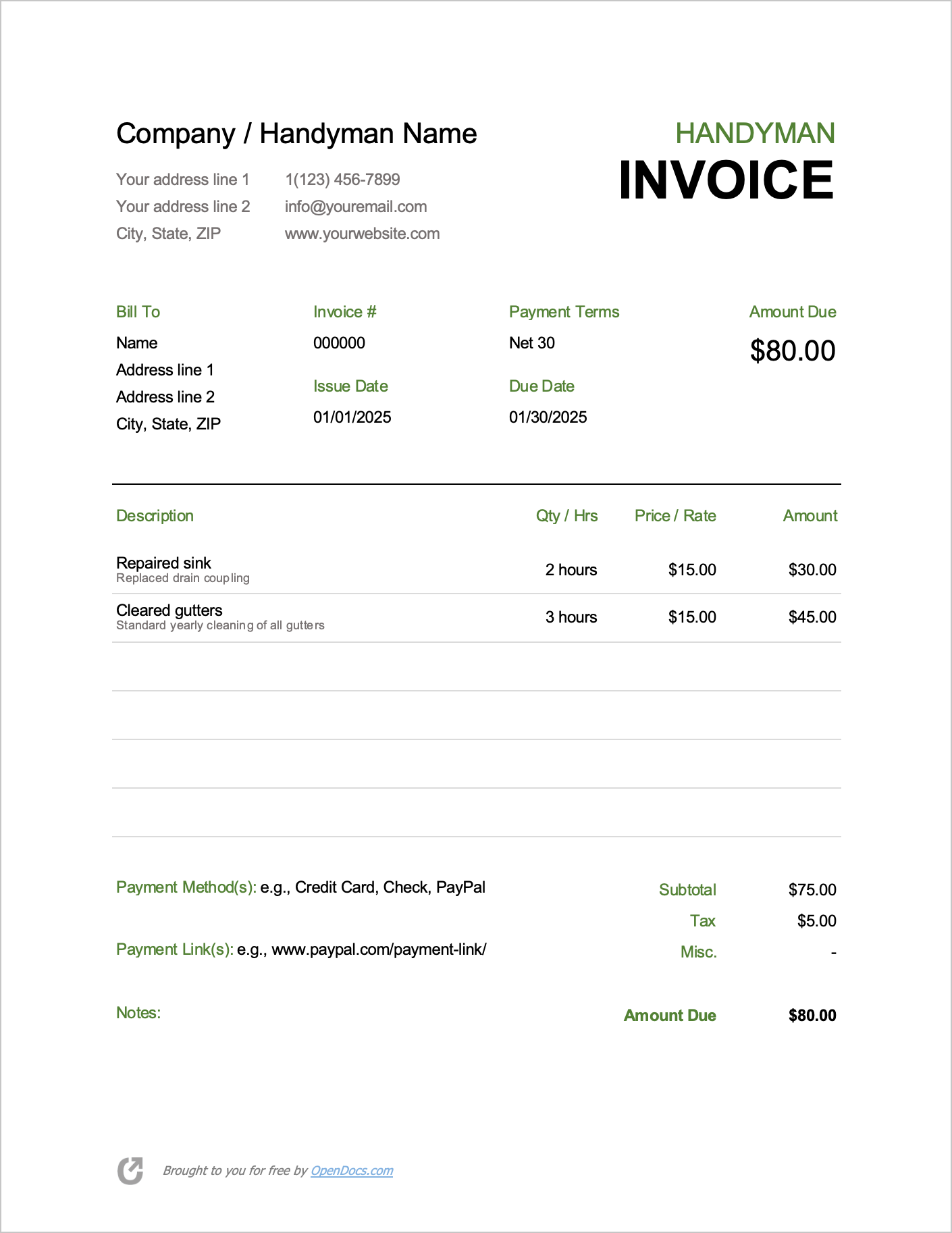Mastering Time Coordination Strategies to Improve Your Handyman Productivity
Wiki Article
Scheduling organization is an essential ability for repair professionals who aim to operate effectively and effectively. By mastering various time management strategies, technicians can finish tasks more rapidly, reduce stress, and improve customer satisfaction. When managing time well, handymen can rank their jobs, assign enough resources, and ensure they meet due dates. This article will discuss some effective time management strategies that handymen can implement to boost their performance.

One important strategy is developing a daily schedule. A carefully planned schedule helps handymen arrange their day and assign dedicated times for each task. This includes not only the projects themselves but also travel time and rest periods. By planning the day in advance, handymen can see their workload and make more informed decisions about how to use their time. Having a defined outline of the day's activities allows for changes as needed, making it simpler to handle unexpected obstacles or delays.
One more practical strategy is establishing priorities based on immediacy and importance. Technicians often face multiple tasks at once, which can be difficult to manage without a clear sense of what needs urgent attention. Using a priority matrix can help classify tasks into groups such as urgent, high-priority, or less critical. By concentrating first on the most urgent and essential jobs, handymen can ensure they are fulfilling clients' needs quickly while also making progress on ongoing projects.
In addition to scheduling and ranking tasks, technicians should consider using resources and digital solutions to streamline their processes. Multiple applications and software are available that assist with job tracking, budgeting, and communication with customers. These tools can save time by scheduling reminders or monitoring materials needed for individual jobs. Utilizing technology allows handymen to stay on track and minimizes the likelihood of overlooking important details, thus you can try these out boosting overall performance.
Lastly, reviewing output regularly is essential for ongoing improvement in task scheduling. Technicians should take time at the end of each workweek or period to review what was effective and what could be enhanced in their daily routines. This self-assessment allows for adjustments that can lead to better performance in future tasks. By staying intentional about managing time strategically, service professionals can continually improve their approach and reach higher success in their operations.
In conclusion, mastering task planning methods is vital for handyman effectiveness. By creating a daily schedule, establishing priorities, leveraging digital tools, and evaluating performance consistently, handymen can substantially enhance their productivity. These methods not only help in finishing tasks more effectively but also support improved customer satisfaction and overall operational growth. Time management is not just about checking off tasks; it is about doing them correctly.